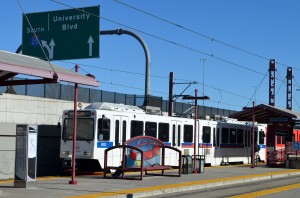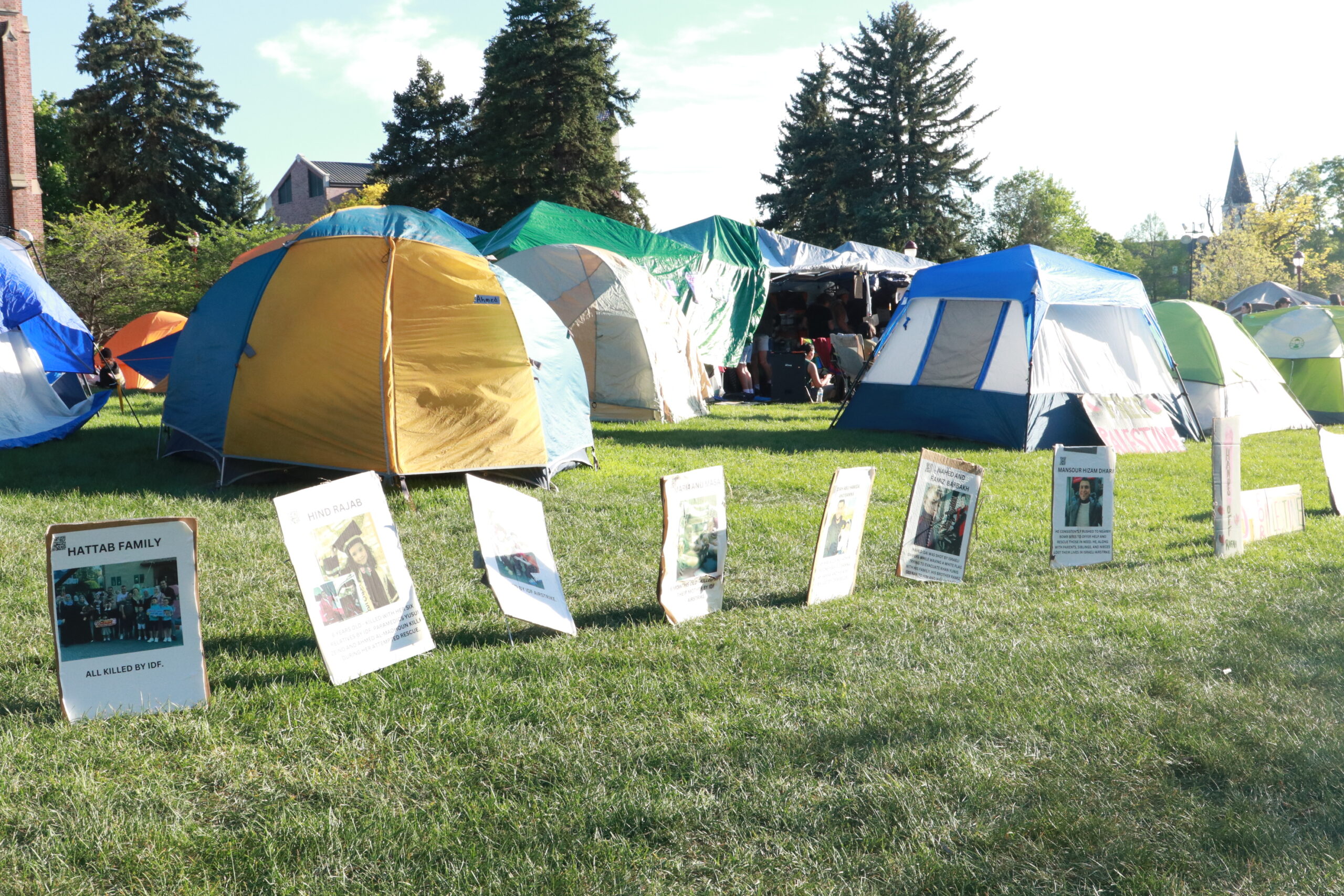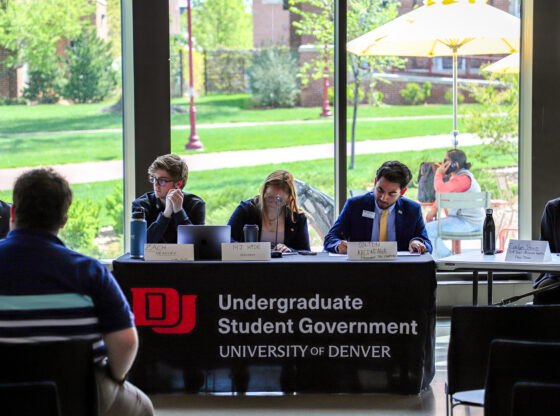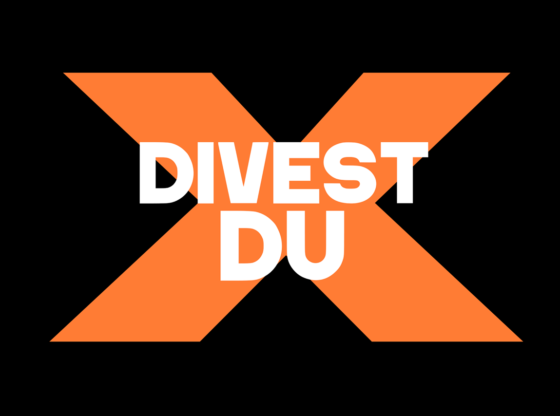 DU will be at the forefront of Denver’s Regional Transportation District’s (RTD) $15 million smart card technology innovation, set to begin Feb. 1, after which faculty, staff and students will need a smart card to access the bus and light rail systems.
DU will be at the forefront of Denver’s Regional Transportation District’s (RTD) $15 million smart card technology innovation, set to begin Feb. 1, after which faculty, staff and students will need a smart card to access the bus and light rail systems.
RTD is switching the way people access Denver buses and light rail from a cash and decal system to a smart card system. The smart card technology will allow RTD to more accurately ensure fares and passes, reflecting a system more commonly used in national and international cities.
According to Alex Mehn, communications manager at Transportation Solutions, the nonprofit that runs the campus Transportation Center, changes to public transport will benefit the entire community. Students, faculty and staff will only need the one card they receive within the next few weeks for the rest of the time that they attend or work at the university.
“Eventually, everyone will need to have a smart card to access the RTD system,” said Mehn. “However, they are switching to the CollegePass for students and the EcoPass for faculty and staff first.”
The CollegePass and EcoPass are both forms of smart card meant for certain types of users and often give discounts and special passes to users such as college students.
Student CollegePass smart cards will be available for free on Jan. 22 at the Transportation Center on campus.
According to Mehn, the student decal that was set to expire on Jan. 13 has automatically been extended to January 31 because DU did not receive the card stock it needed in time to print all the cards before the Winter Quarter began.
“There will be a message to students on webCentral closer to the time that the passes become available,” said Mehn.
Similarly, faculty and staff stickers will expire on Jan. 31 although their cards are now available at the Transportation Center.
While smart cards cannot be bent excessively or hole-punched – such actions could render the smart card dysfunctional – the benefits of using Denver public transportation are still the same. Students will have to swipe the cards before boarding the train.
According to Mehn, there is only one very minor exception for faculty and staff.
“When they use their smart card to ride the SkyRide to the airport, it will now be $2.50 each way instead of $5 one way,” he said.
No fee will be, nor has been, charged when traveling from the Airport Blvd/40th Ave or the Stapleton Park-n-Ride to the Denver International Airport. The SkyRide will remain completely free for students.
Additionally, Mehn said there would be no need for students to go to the Transportation Office each year for new RTD stickers.
“The cards will automatically activate and deactivate based on eligibility,” said Mehn. “For example, if a student takes a full course load of 12 credits during the 2012-2013 academic year, does not take classes in the summer, and takes a full course load during the 2013-2014 academic year, the card will be active for 2012-2013, deactivate for the summer of 2013 and reactivate in the fall of 2014 without any action by the student.”
Lost or damaged smart cards will be replaced by the Pioneer ID card office for $10.
This new smart card program is just another example of DU becoming an increasingly sustainable campus.
In November, the University of Denver was awarded a bronze Bicycle Friendly University award from the League of American Bicyclists.
“This is a very prestigious designation, as only 35 schools in the entire country have been awarded, and only two in Colorado, Colorado State University being the second,” said Mehn.
According to Mehn, the application for the bicycle award was lengthy and involved a partnership between the Sustainability Council, Transportation Solutions and many agencies on campus.
“This bronze award highlights the many steps DU has taken and is taking to improve and promote safe bicycling on campus, but also shows that we are nowhere near done,” said Mehn. “The University of Denver must aspire to be a Platinum Bicycle Friendly University, but it will take a partnership and commitment between all levels of students, staff, faculty and local agencies to make that happen.”
As DU continues to prove an environmentally-friendly campus, according to Mehn, students, faculty and staff are encouraged continue to take advantage of Denver’s light rail and bus systems, set to become easier and more efficient when the smart card system begins in less than a month.
Additional details are available at www.RTD-Denver.com, and DU’s Transportation Center page on smart cards, www.du.edu/transcenter/smartcards.











